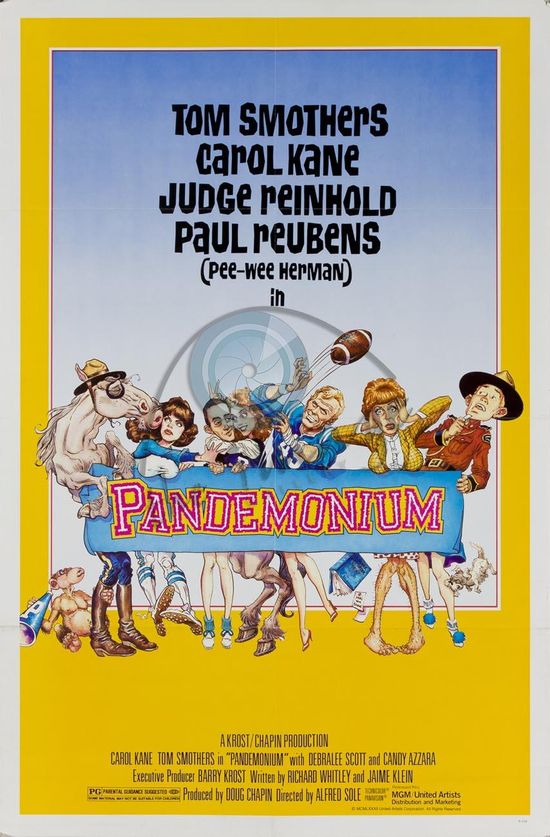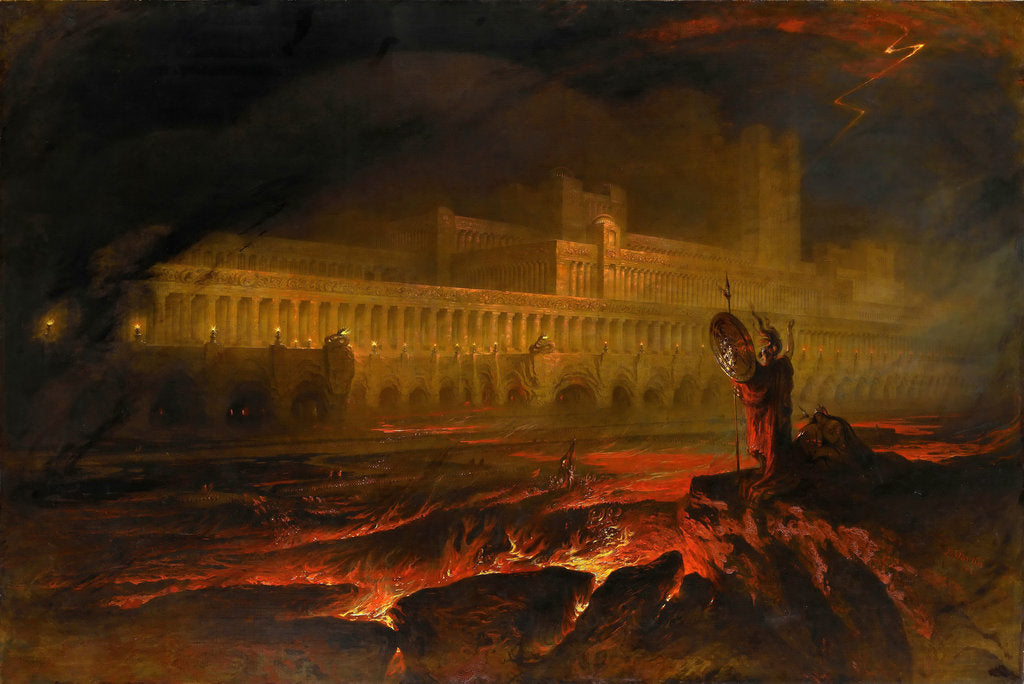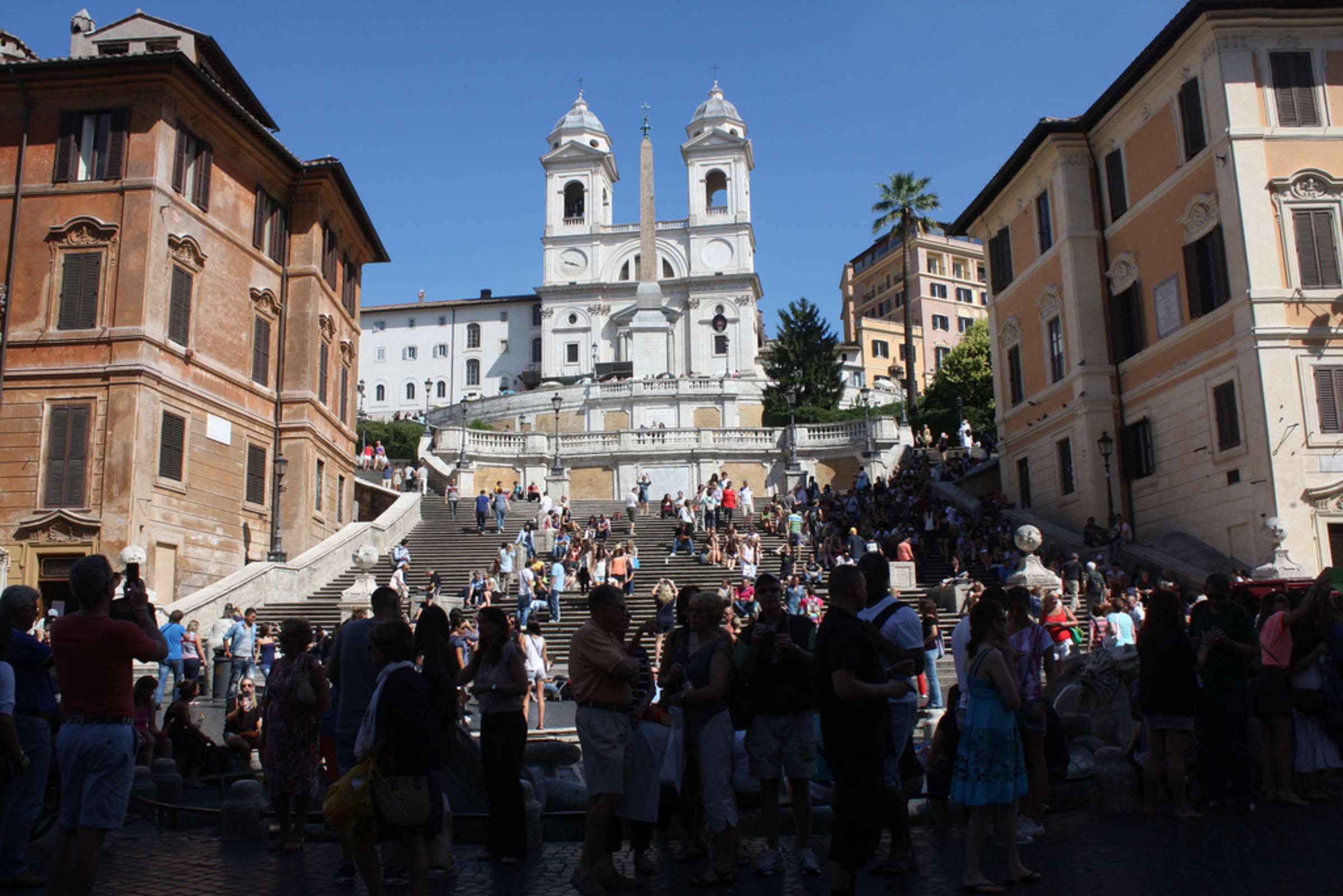

John Keats' poetry is full of allusions to the art, literature and culture of Greece, as for example in " Ode on a Grecian Urn". The world of classical Greece was important to the Romantics. They were attracted to exotic, remote and obscure places, and so they were more attracted to Middle Ages than to their own age. Romantic poetry was attracted to nostalgia, and medievalism is another important characteristic of romantic poetry, especially in the works of John Keats, for example, La Belle Dame Sans Merci, and Coleridge. I have been half in love with easeful Death,Ĭall’d him soft names in many a mused rhyme, To define imagination, in his poem " Auguries of Innocence", Blake said: The secret of great art, Blake claimed, is the capacity to imagine. Keats said, “I am certain of nothing but of the holiness of the Heart's affections and the truth of Imagination- What the imagination seizes as beauty must be truth.” For Wordsworth and William Blake, as well as Victor Hugo and Alessandro Manzoni, the imagination is a spiritual force, is related to morality, and they believed that literature, especially poetry, could improve the world.
PANDEMONIUM MOVIE BRITISH ROMANTIC POETS FREE
Long, "he Romantic movement was marked, and is always marked, by a strong reaction and protest against the bondage of rule and custom which in science and theology as well as literature, generally tend to fetter the free human spirit." Imagination īelief in the importance of the imagination is a distinctive feature of romantic poets such as John Keats, Samuel Taylor Coleridge and P. Romantic poetry at the beginning of the nineteenth century was a reaction against the set standards, conventions of eighteenth-century poetry. Romantic poetry contrasts with Neoclassical poetry, which was the product of intellect and reason, while Romantic poetry is more the product of emotion. The idea of the sublime was taken up by Immanuel Kant and the Romantic poets including especially William Wordsworth. It is associated with the 1757 treatise by Edmund Burke, though it has earlier roots. The literary concept of the sublime became important in the eighteenth century. Although it is often associated with grandeur, the sublime may also refer to the grotesque or other extraordinary experiences that "take us beyond ourselves.” In literature, it refers to use of language and description that excites thoughts and emotions beyond ordinary experience. The Sublime is considered one of the most important concepts in Romantic poetry. Characteristics of English Romantic poetry The Sublime He was the head(literal) of the Romantic Poetry Age or the Age of Romantic Poetry.

However, he had in reality a strong, robust and muscular body. An idealized statue of a Czech man Karel Hynek Mácha (in Petřín Park, Prague) represents him as a slim, tender and perhaps unhealthy boy.

In the Western cultural context, romanticism substantially contributed to the idea of what a real poet should look like. Such an attitude reflects what might be called the dominant theme of English Romantic poetry: the filtering of natural emotion through the human mind in order to create meaning. Indeed, Coleridge, in his essay On Poesy or Art, sees art as “the mediatress between, and reconciler of nature and man”. Although many stress the notion of spontaneity in Romantic poetry, the movement was still greatly concerned with the difficulty of composition and of translating these emotions into poetic form. The poems of Lyrical Ballads intentionally re-imagined the way poetry should sound: "By fitting to metrical arrangement a selection of the real language of men," Wordsworth and his English contemporaries, such as Coleridge, John Keats, Percy Shelley, Lord Byron and William Blake, wrote poetry that was meant to boil up from serious, contemplative reflection over the interaction of humans with their environment. I have said before that poetry is the spontaneous overflow of powerful feelings: it takes its origin in emotion recollected in tranquility: the emotion is contemplated till, by a species of reaction, the tranquility gradually disappears, and an emotion, kindred to that which was before the subject of contemplation, is gradually produced, and does itself actually exist in the mind.

In early-19th-century England, the poet William Wordsworth defined his and Samuel Taylor Coleridge's innovative poetry in his Preface to Lyrical Ballads (1798): Main articles: Romantic literature in English, English poetry, and Romantic sonnets


 0 kommentar(er)
0 kommentar(er)
